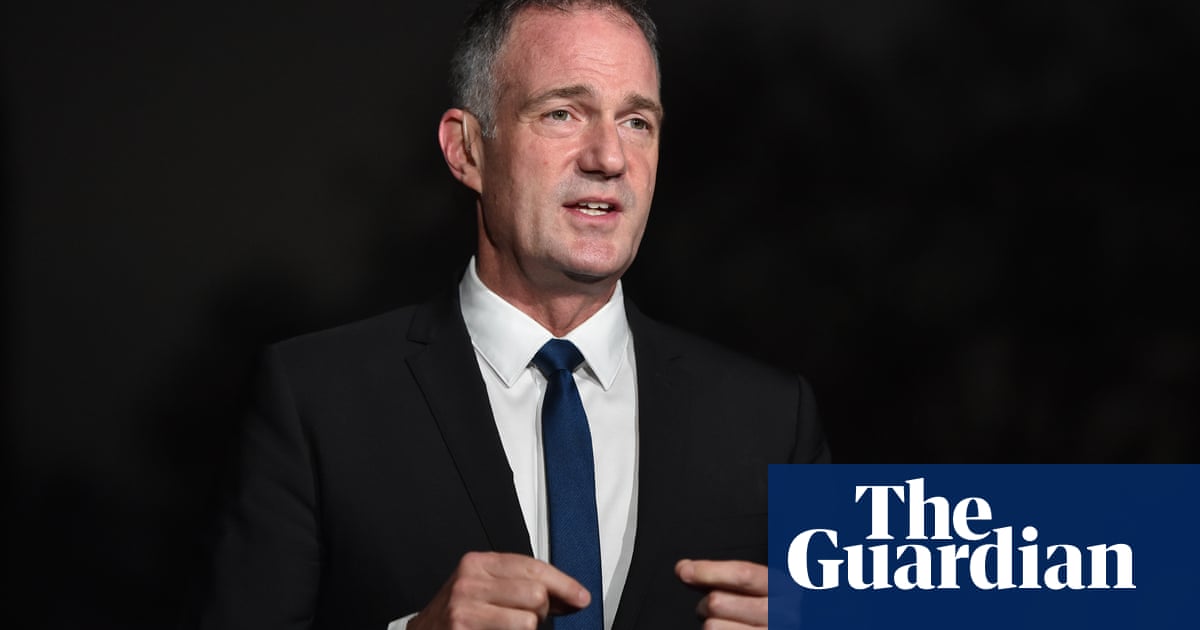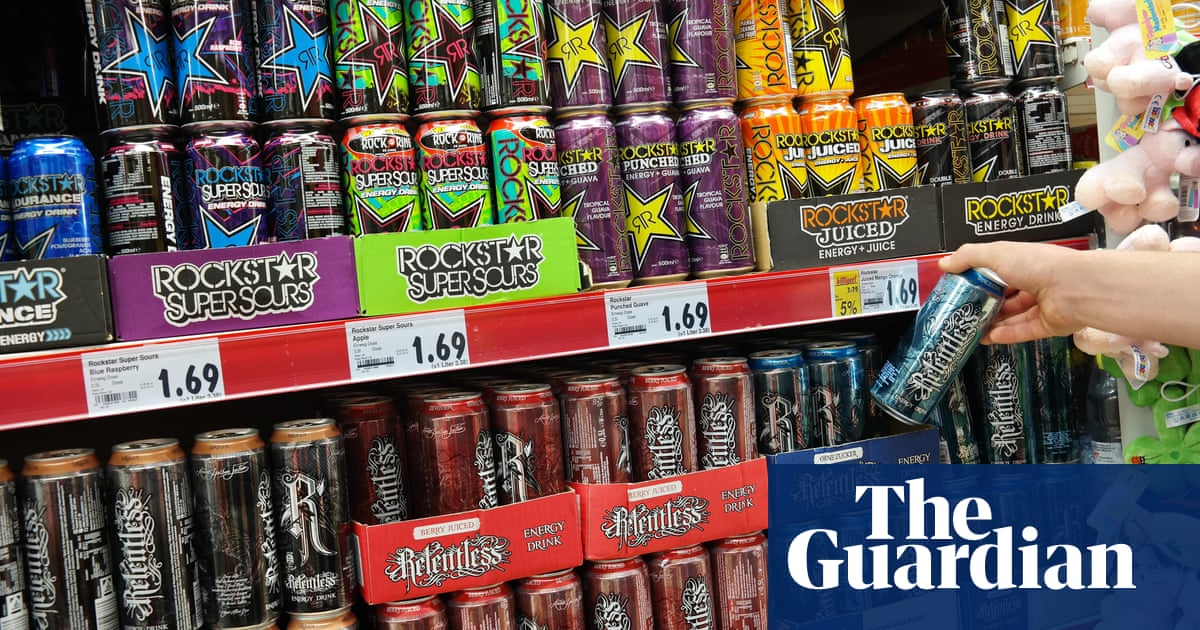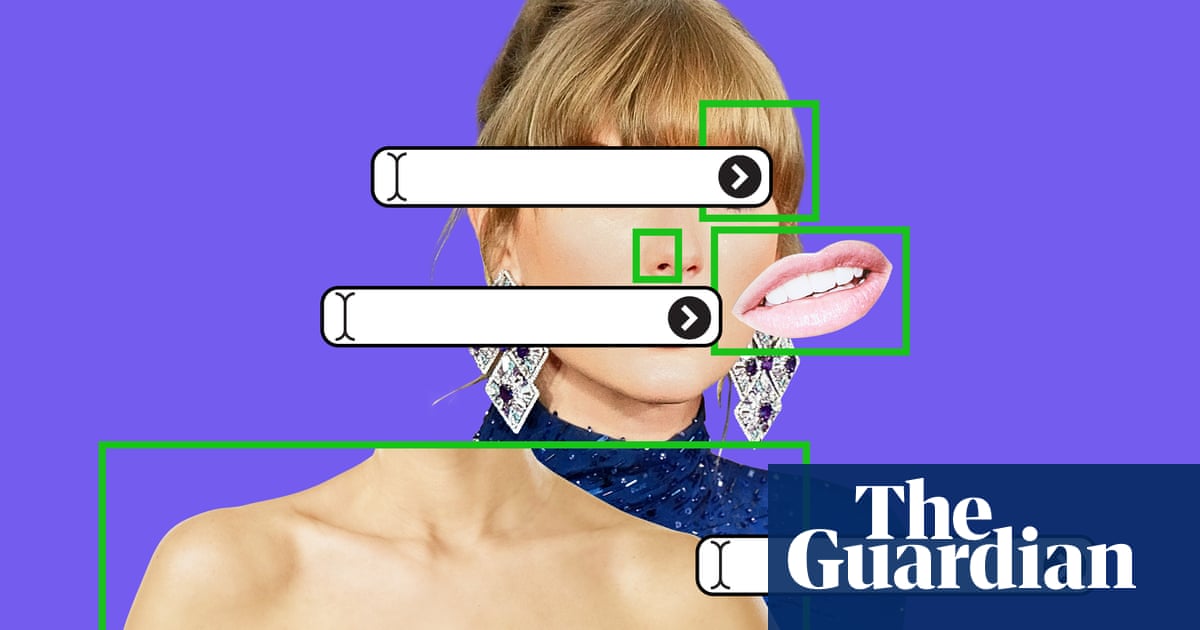
Labour is considering proposals to tackle AI deepfakes, including a ban on so-called nudification tools, used to generate nonconsensual pornography, and signing up to a cross-party pledge not to tolerate deepfakes that constitute electoral misinformation, the Guardian can reveal.
The policy paper, produced by the centre-left Labour Together thinktank, proposes a legal ban on dedicated nudification tools that allow users to generate explicit content by uploading images of real people.
It would also create an obligation for developers of general purpose AI tools and web hosting companies to take reasonable steps to ensure they are not involved in the production of such images, or other harmful deepfakes.
Laurel Boxall, one of the paper’s co-authors, said: “Bungled uses of technology like the A-levels results algorithm have created a public attitude that is one tech scandal away from outright hostility.
“I think regulation is a friend for AI in that sense: the government has to show the public that it’s got their back and will step in if tech is being used to hurt people. We mustn’t forget that AI can help us; regulation ensures it doesn’t hurt us too.”
Her co-author Kirsty Innes added: “What we’re proposing isn’t just about nudification, but that certainly is something that, rightly, is attracting a lot of attention. In fact, there are serious risks from deepfakes from fraud, for example. Getting on top of this now will help us avoid a long-term crisis like we’ve seen with online fraud, which is now the most frequently committed crime in the UK.”
The paper comes after the revelation that Twitter, now known as X, refused to remove deepfake audio of Keir Starmer in October last year, despite policies against such misinformation. The AI-generated clip, which went viral at the time and purported to record the Labour leader berating his staff, was rapidly removed from other social networks but, according to a report from Bloomberg, Twitter demurred, citing a caveat that allowed it to decline to take action if it was “unable to reliably determine if media have been altered or fabricated”.
Peter Kyle, the shadow science, innovation and technology secretary, said the party was considering the proposals. “The capacity for deepfakes to harm individuals, undermine elections, and increase fraud has been clear for some time. The recent surge in nudification tools is deeply concerning.
“These are developments that have the potential for harm. That’s why I raised it directly with tech leaders in Seattle and Silicon Valley and policymakers in Washington on a recent visit. I am engaging closely with stakeholders on these issues and we are considering proposals carefully.”
The policy paper also calls for all major parties to voluntarily commit to not using deepfake technology, or spread misinformation for campaigning purposes. It recommends Labour sign up to a cross-party pledge “not to create, disseminate or tolerate misleading information”, and urgently calls for an exception to the ban on media coverage of a general election on polling day to allow for mainstream media to rebut fraudulent misinformation that could be going viral as people head to the polls.












